Features
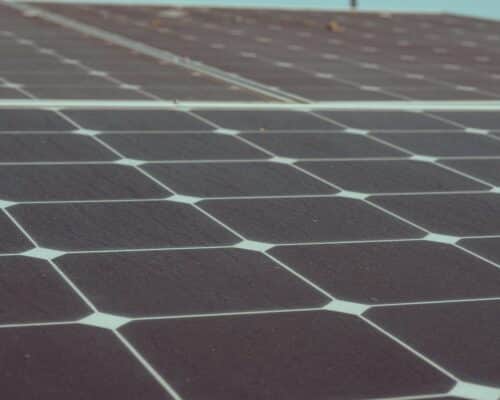
While Fossil Fuels Volatility Increases, Battery Storage Gets Cheaper, Making Solar Power Always Available
While solar is already the most viable solution for improving energy security, reducing power costs and mitigating carbon emissions, recent advancements and cost reductions in battery storage are now enabling us to ensure 24 hours of daily solar power. According to experts, the biggest obstacle to doing so is the business-as-usual mindset.
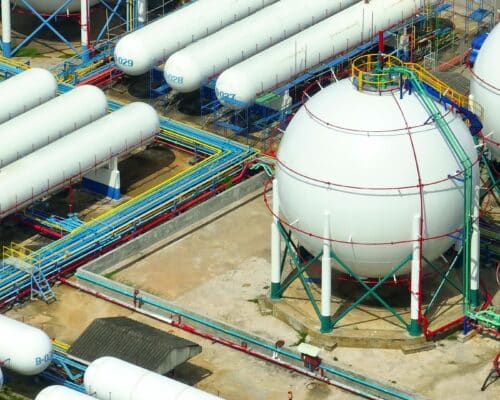
LNG Usage in Southeast Asia Should Be Ending, Not Moving Forward, Experts Claim
LNG does not fit Southeast Asia's energy sector due to price volatility, European arbitrage opportunities swinging supply away from the region, shipping route disruptions and self-serving vested Japanese corporate interests. What's needed is policy-level change. But do countries have the political self-will and determination to make the right decision?
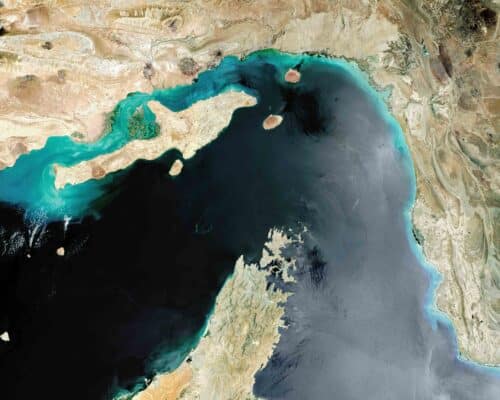
Japan Most at Risk from Disruption in the Strait of Hormuz
Japan’s economy relies on access through the Strait of Hormuz, two-mile-wide shipping lanes that carries 80% of the crude and LNG the country burns daily. With regional tensions simmering, even a brief blockade of the Strait could send energy prices skyrocketing and highlight Tokyo’s need to accelerate its pivot to domestic renewables.
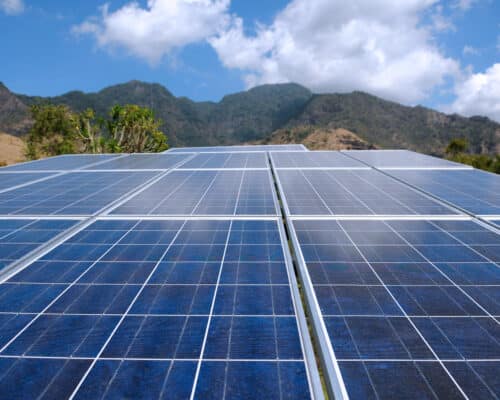
Indonesia’s RUPTL 2025-2034: New Electricity Supply Plan Misses the Mark
Indonesia’s new electricity plan signals a setback for clean energy. Increased reliance on fossil fuels and no clear plan for coal phaseout threaten both climate goals and economic growth. Despite abundant renewable resources, the country prioritises gas and coal, risking higher costs, environmental harm, and missed opportunities to lead in Southeast Asia’s clean energy transition.
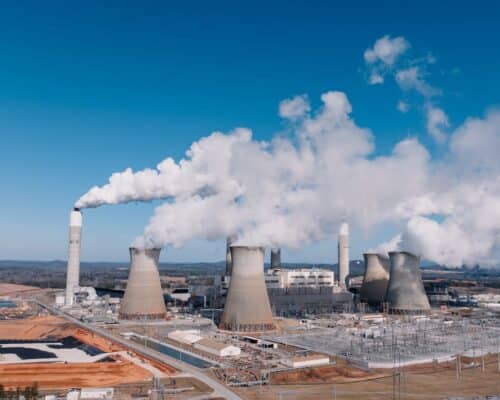
Fossil Fuel Divestment Scorecard: Japan “Dirtiest” Financier
Japanese banks have again emerged as the leading fossil fuel financiers in the region, while Southeast Asian financial institutions also play a prominent role. According to the report’s authors, their actions undermine the food security, biodiversity and health of millions in the region.
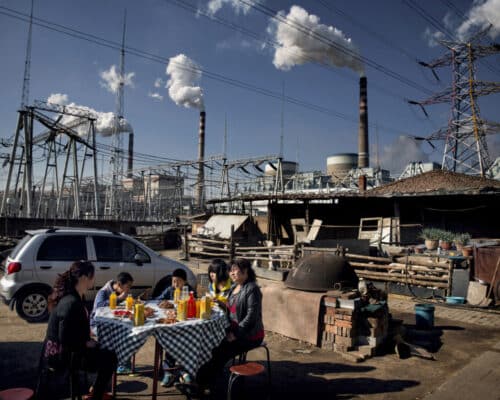
Stranded Assets Linked to MDB Finance Trigger Asia’s Economic Tailspins
Many Asian countries, including Bangladesh, face the economic fallout of investing in stranded fossil fuel assets. Despite billions spent on gas pipelines and power plants, these projects remain largely unused, highlighting the urgent need to shift towards affordable, renewable energy solutions.
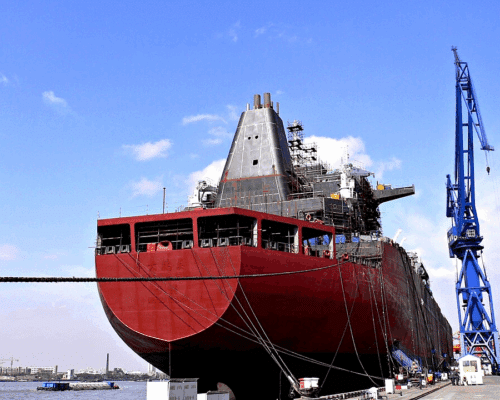
LNG Investments Expand Gas Fleets in Japan, China and South Korea
Despite the urgent need to transition away from fossil fuels, global investments in LNG shipping are soaring, locking in decades of emissions and risking stranded assets. Experts warn that building new LNG carriers is both climate-destructive and economically unsustainable, emphasising the importance of shifting investments toward renewables to meet climate targets and ensure financial stability.

The 46th ASEAN Summit Ends With Pledges For Climate Action and Plans For More Fossil Fuels
The 46th ASEAN Summit in Kuala Lumpur concluded with numerous positives for regional cooperation and strengthened connections with China and other developed Asian nations. However, it also revealed that, despite all the talk about protecting communities from the impacts of climate change, leaders are determined to continue relying on fossil fuels.
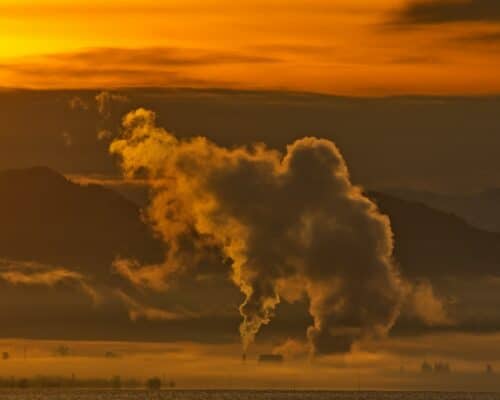
China’s CO2 Emissions Fall For the First Time
China's accelerated renewable energy deployment has allowed it to slash emissions and unlock the numerous benefits of the green energy transition, giving Southeast Asian nations a push to recognise and capitalise on the benefits of decarbonising their economies — from cost-cutting and energy security to ensuring a liveable future.
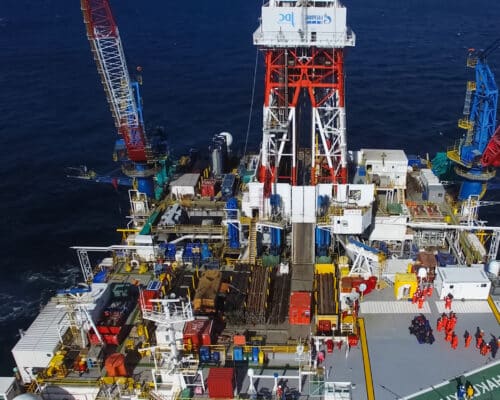
Southeast Asia Oil and Gas Extraction to Escalate, Decarbonisation Goals in Jeopardy
The Southeast Asia region faces a decade of final investment decisions for gas extraction projects, further complicating its decarbonisation goals. The silver lining, however, is that many of these projects have faced years of delay and need to be reassessed.
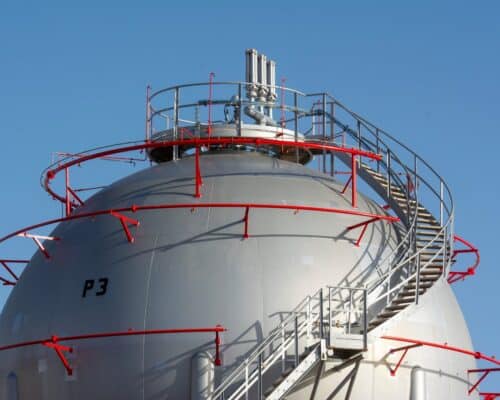
IEEJ Predicts Strong Natural Gas Demand; Experts Find it Unrealistic
The IEEJ’s forecasts significantly overestimate natural gas demand and underestimate renewable potential, driven by close ties to Japanese industry and fossil fuel interests. Its projections also rely on unrealistic assumptions about CCS and emissions reductions, contradicting scientific consensus on clean energy costs and feasibility.

Australia’s Federal Election 2025 and What It Means for Climate Change Agenda
Australian Prime Minister Anthony Albanese's victory on May 3 for a second three-year term paves the way for enhanced climate policies, yet challenges include excessive regulations, costly renewables and rural opposition to wind and solar projects.
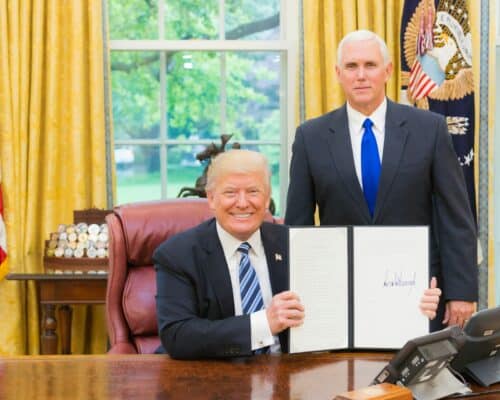
US Tariffs on Southeast Asia: What They Mean for Global Trade
From islands inhabited only by penguins to decades-long trade partners, over 90 jurisdictions were slapped with tariffs once President Trump got back at the helm of the US. While the move risks causing massive short-term instabilities, it can prove a blessing in disguise for Southeast Asia and its solar panel manufacturing industry.
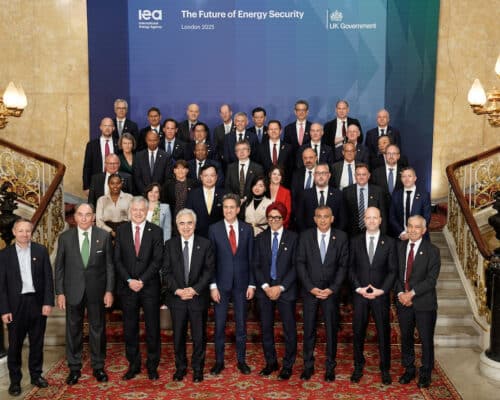
IEA’s Future of Energy Security Summit Ends With a Call For Cooperation, Less Fossil Fuels and More Renewables
The Energy Security Summit ended with a strong message - energy security is a question of national security, and climate change threatens both. Parties agreed that an effective response requires increased collaboration in reducing fossil fuel import reliance and scaling up renewables.
Most Popular
Categories
-
10
-
34
-
126
-
4
-
17
-
46
-
52
-
11
-
10
-
15
-
24
-
6
-
1
-
5
-
6
-
279
-
199
-
17
-
24
-
1
-
1
-
23
-
41
-
44
-
87
-
18
-
86
-
41
-
17
-
11
-
43
-
51
-
86
-
293
-
22
-
44
-
36
-
10
-
42
-
36

